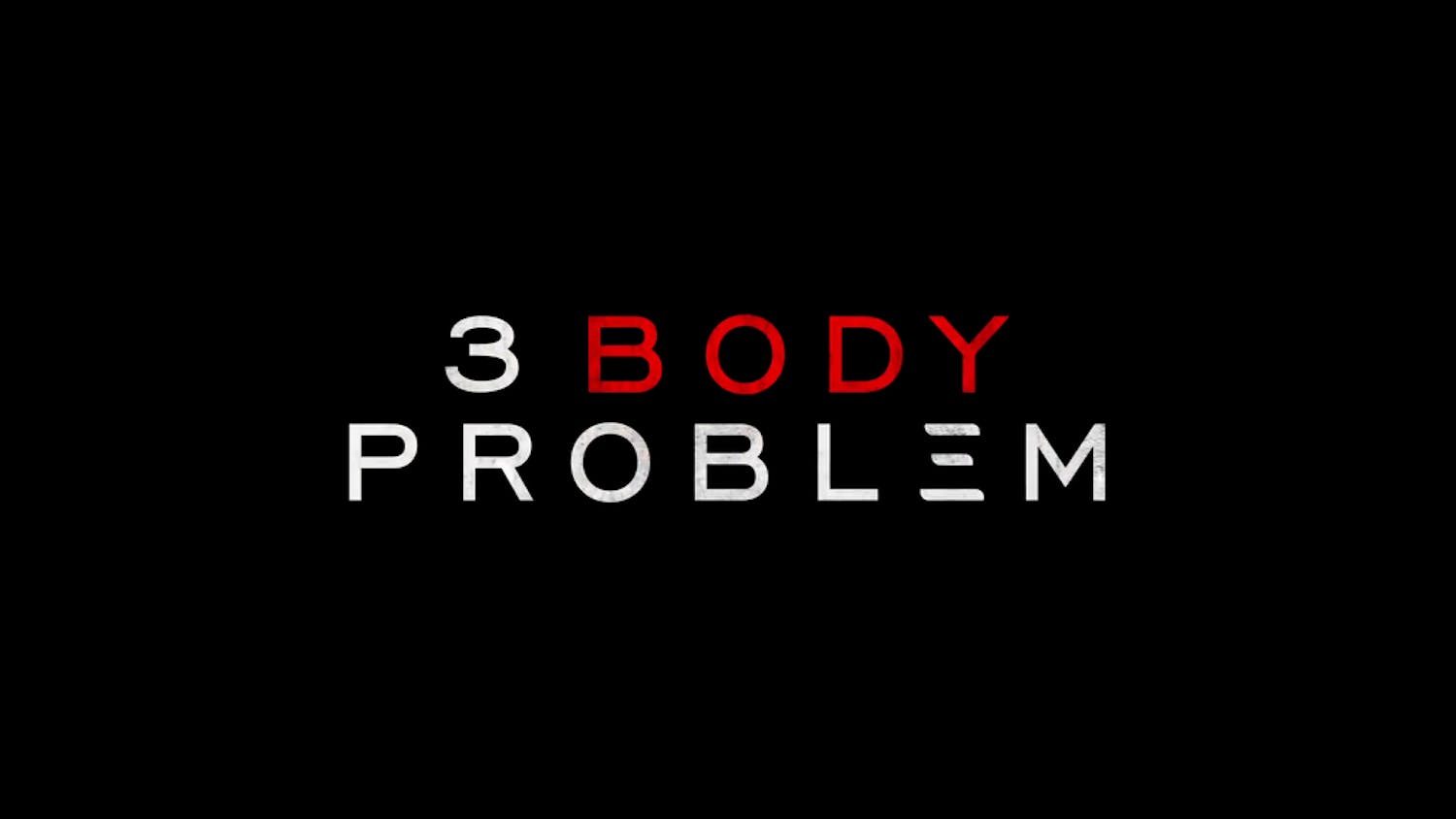A band called The Selmanaires was the opening act at a concert I attended not long ago. I was intrigued not by the compulsive dance-ability of their songs, nor their impressive meshing of post-punk influences with the trends of modern indie rock, nor the intense sweating of the lead guitarist. I wondered instead about their college majors, or if they even went to college, and if they ever considered giving up and getting day jobs. I wondered how long they'd been traversing the country, searching for … what? Mass appeal? A major-label signing? Neither is particularly likely, so what was the point of the effort they exerted in entertaining a packed, overheated crowd that wasn't even there to see them? Art for art's sake? Could it be?
The idea of compromising ideals in exchange for financial security hangs heavy on my mind. The semester's wrapping up, and I feel the deadline to declare a concentration approaching, slowly but surely. I'm not questioning the practicality, per se, of my likely major; rather, I'm thinking of what exactly I want to do with the rest of my life. Do I gamble on a career in journalism at a time when the field is undergoing radical changes, or do I aim for assured respectability and stability?
This conflict is so applicable to popular culture. What happens when culture isn't popular? What happens to people who write songs that never permeate the zeitgeist? What happens to the producers of a film that's never picked up for distribution? What happens to the writer of a self-obsessed column in a college newspaper who worries he won't be able to find a job doing what he loves? Obviously my vain, obnoxious musings don't qualify as "art," but you get the drift.
In artistic culture, is popularity (and thus monetary gain) the pinnacle of success? Musicians are so often the brunt of criticism when their loyal fans perceive that they are "selling out," conforming to the whims of "The Man" by performing at massive arenas or allowing their tunes to be licensed for Nissan commercials. The "Twilight Saga: New Moon" (2009) soundtrack features a new composition by my favorite band, Grizzly Bear. They make extraordinary, lush music, hardly the kind of stuff you hear on Top-40 radio, and the financial and publicity benefits of their New Moon endeavor are obvious. The group was surely compensated generously for a song with little appreciable difference in quality from anything they've ever recorded. Now millions will hear their gorgeous orchestrations instead of the 100,000 fans or so who legally purchased their most recent album. In the midst of a recession, food's got to get on the table.
An outcry over "selling out" is often based more on stubborn standards and a misguided sense of propriety — why wouldn't you want brilliant music to be widely circulated and for great artists to be paid handsomely for their talent? If I go to law school and become a decent attorney, I'm hardly cheating myself. I'd like to think that I'd be doing my best to protect and help upstanding clients, and I'd probably be more financially secure than I would be as a member of an industry undergoing tumultuous upheaval. But what about my principles? And what if I end up like Liz Phair, the iconic, snarling rocker rendered so tame (and unpopular) by a stab at widespread recognition earlier this decade?
I'm not sure where to go from here, and obviously I don't need to decide right away. It boils down to this: I admire The Selmanaires for plugging away and pursuing their passion, but I'm not sure I want to emulate what appears to be a life of endless futility. Time will tell.
--
Derek Schlom is a freshman who has not yet declared a major. He can be reached at Derek.Schlom@tufts.edu.





